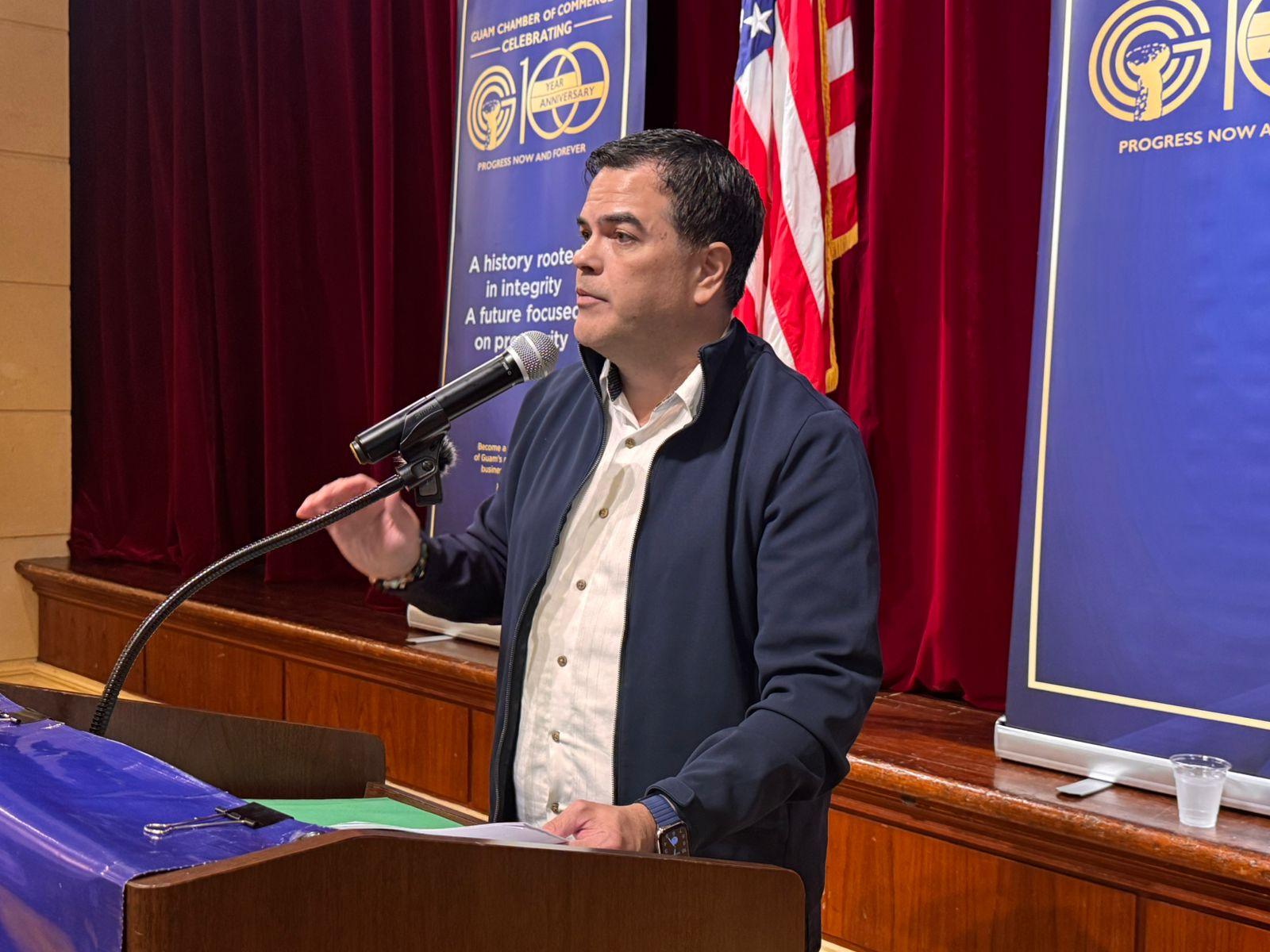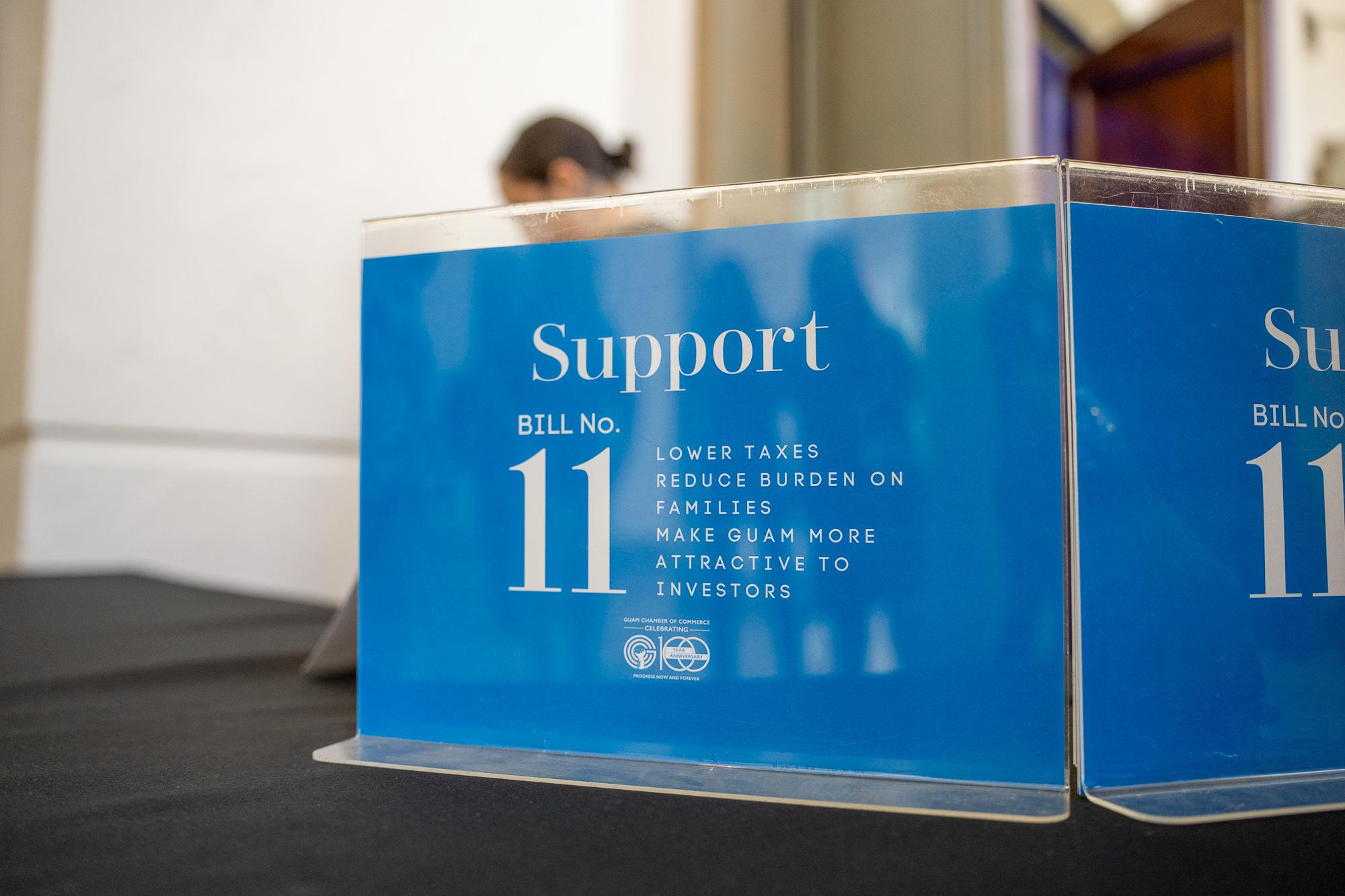The search is underway for a new administrator, board chairman, and board member at the Guam Economic Development Authority (GEDA).
Carlos P. Bordallo, GEDA deputy administrator, will serve as acting administrator until a replacement is found for Melanie Mendiola, according to Adelup.

During the March 27 GEDA board meeting, Mendiola shared that she would return to the private sector as a financial advisor, a role she held earlier in her career.
At the same meeting, Jun Espaldon said he would step down from the board in the coming months because of additional professional commitments stating his intention to help his successor transition into the role. Espaldon has served for about 10 years on the board and sits on several committees. He also currently serves as chairman for the finance committee.
David John, board chairman, said he plans to step down as chairman next month following Mendiola’s departure but will remain on the board.
“Evolving priorities and team development with new leadership require a chairperson’s full commitment—a commitment I am unable to provide at this juncture due to my other civic, business, and family obligations,” John said.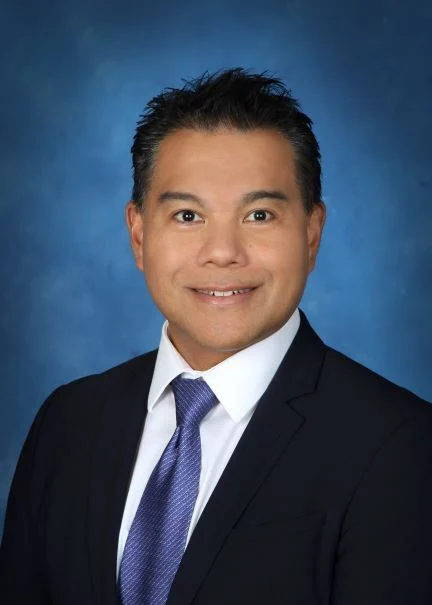
Mendiola reflected on her six years with GEDA, noting both highs and lows. When she began her tenure, Guam’s tourism numbers were at an all-time high, but H-2 labor visas were frozen, severely impacting the local construction industry. Under her leadership, the Guam Solid Waste Authority was successfully removed from federal receivership and secured a bond for constructing a new landfill cell.
Then-Deputy Ricky Hernandez drafted legislation for a rainy-day fund that was implemented and continues to be funded. “And boy did the rainy day find its way here with the COVID-19 pandemic and, of course, the typhoon. I was incredibly grateful that Gov. Leon Guerrero had the foresight to set aside $20 million from CARES for the very first pandemic assistance grant program,” Mendiola said.
The successful administration of that program led to others, including rent assistance, farmers grants, and LEAPS 1 and 2. “One of the most significant programs the team continues to work on is the medical campus,” she said. After over a year of debate regarding its site and other issues, she noted that Guam Waterworks Authority and Guam Power Authority are now engaged in utility work for the location.
John also reported that GEDA’s current hotel occupancy bond is nearing technical default. “The government is supposed to do an audit of the actual fund. The Department of Administration tried to save some money by including it in the overall government audit—which I applaud—but the trustees did not accept it. So now we’re on watch,” John said. “If we don’t get this bond audit done correctly within a very short window, we are going to have a technical default. It’s a bad situation because we’re going to be going to the markets soon for another Hotel Occupancy Tax bond.”
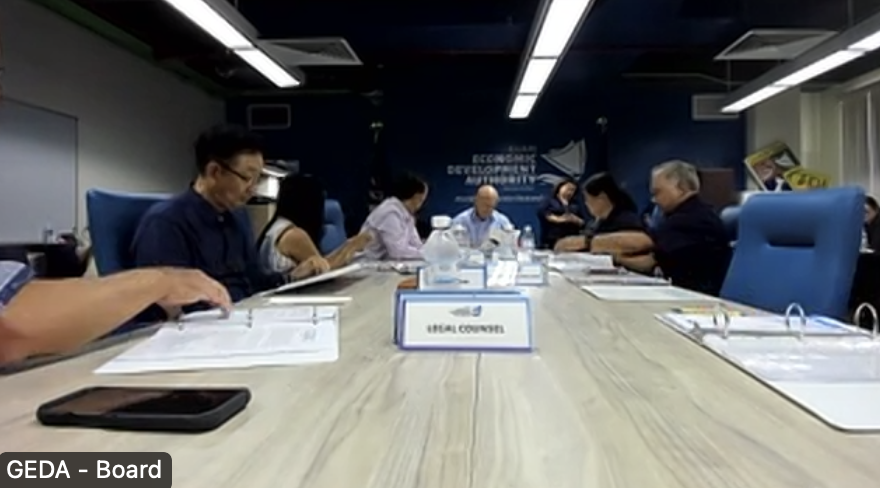
He added that if completed properly, they would need to explain the audit situation to banks since payments are on track. “We thought we could do an audit this one way, but we only have one major auditor on island… We’re trying our best. Here’s our new timeline. So all hands on deck please,” John said.
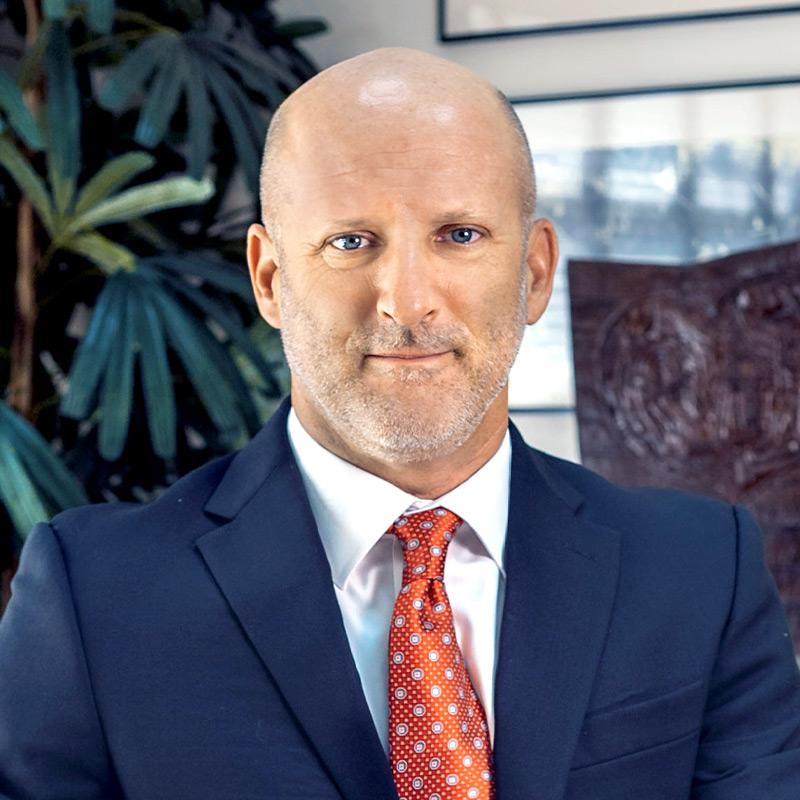
Board member Siska S. Hutapea reported on Guam's two economic pillars of tourism and military construction, saying more needs to be done to help revitalize tourism, which she says has a greater impact on Guam's overall economy, employing local residents and participating in the community. The construction industry includes projects valued in the billions of dollars, however, company profits don't remain in Guam and the H-2 workers also send their earnings off island. See more data shared by Hutapea in the Journal's sister publication, Guam Business Magazine story "Everyone wants revolution, no one wants to do dishes." mbj


















